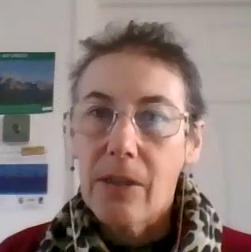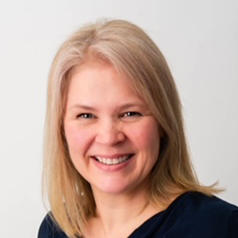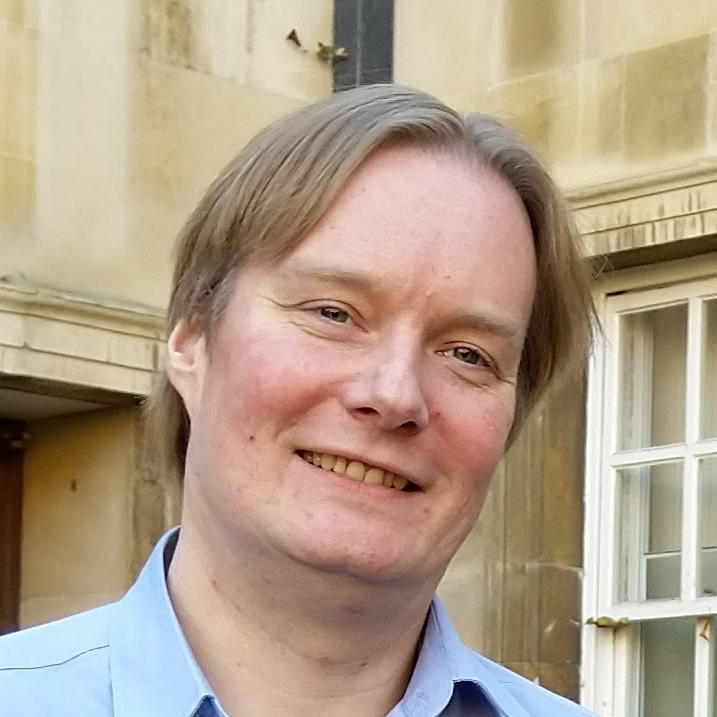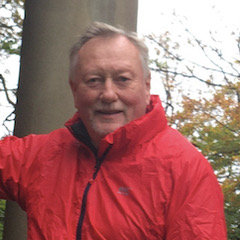Answer:
GCSE: Maths, Physics, Computer Science, Chemistry, Geography, English Literature and English Language (you need to be able to read and write human languages), a foreign language (lots of opportunity for travel).
A Level: Maths, Physics, Computer Science. If Maths is not your strong point - do not be put off - tech levels offer some maths content without the whole A level and some universities do not require A level maths. Other useful subjects: Art (for user interface design), Geography, Biology, Chemistry, Law, Design & Technology. There are a wide range of different degree courses in Computer Science with different approaches. Some will take you with no previous programming experience - do have a look around. The same for apprenticeships.





















